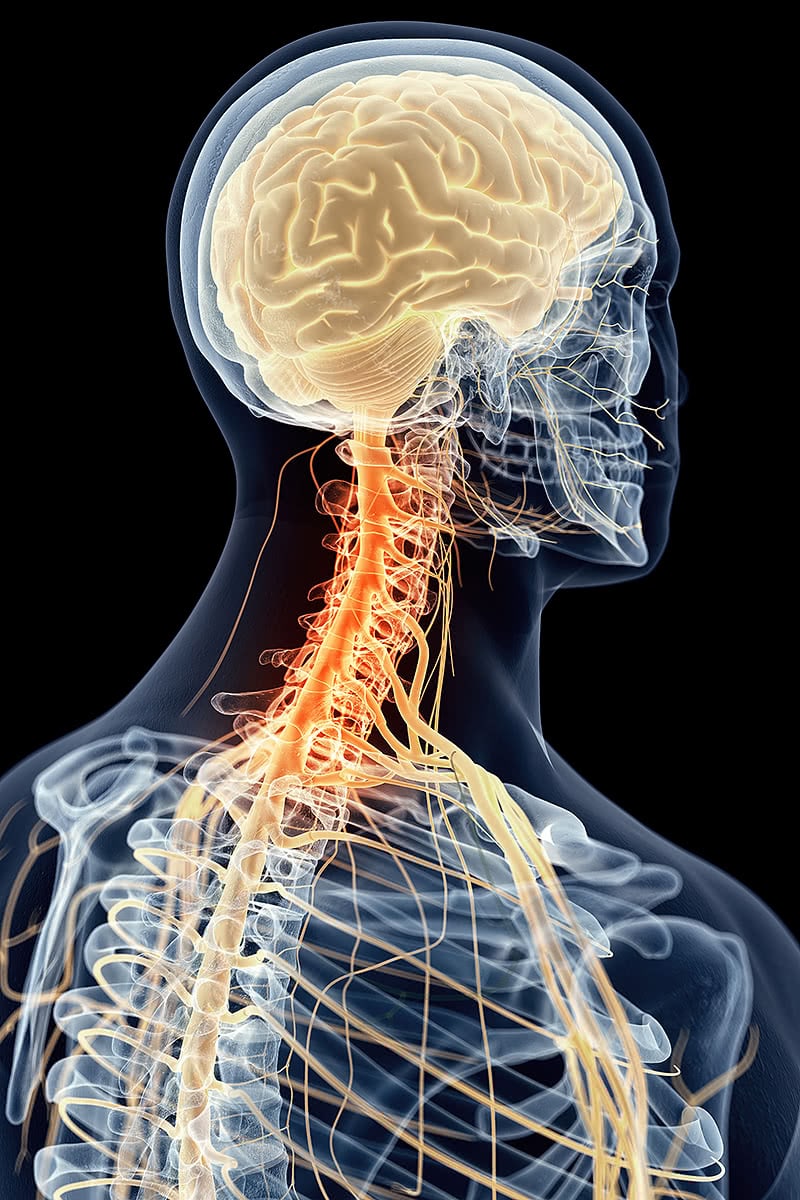Introduction
The Brachial Plexus is a complex interconnection of nerves that supply sensation and muscle control to the arm and hand. Injuries to these nerves can result in paralysis and loss of feeling to any part of the upper limb. Injuries can range from simple traction injuries or ‘neuropraxia’ which spontaneously recover in the first few weeks to severe avulsion injuries from which there is no prospect of recovery without surgery.

Causes
Brachial plexus injuries are usually from high energy trauma like motorbike accidents and sporting injuries in rugby or surfing. They are often associated with other injuries like shoulder dislocations and arm fractures.
Symptoms
As the brachial plexus provides innervation for the whole arm, any and all function in the arm can be affected. Common patterns involve loss of power to the shoulder and elbow, or complete paralysis of the arm.
Tests
MRI imaging and neurophysiology testing with nerve conduction and EMG are used to gain additional information about the injury.
Diagnosis
Despite the many tests required after a brachial plexus injury, the most important part of the assessment is clinical examination by an experienced clinician.
